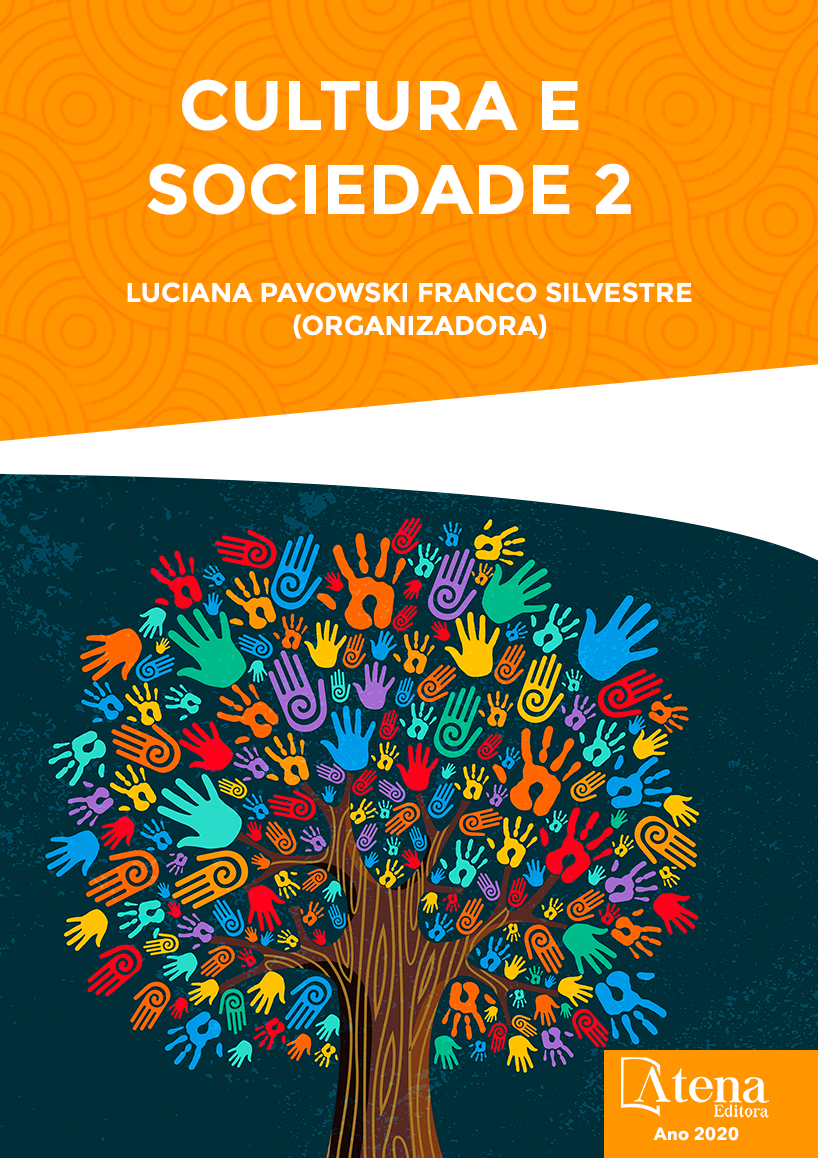
O PAPEL DOS CONHECIMENTOS TRADICIONAIS NO COTIDIANO DA ESCOLA E NA COMUNIDADE DO RIO MAÚBA
O presente artigo tem como objetivo analisar o papel dos saberes tradicionais da comunidade do rio Maúba e como os professores têm trabalhado esses saberes no processo de ensino e aprendizagem dos alunos da Escola Municipal de Ensino Fundamental e Médio Nossa Senhora do Perpétuo Socorro. Os autores que balizam as análises são: Castro (2017); Costa (2016); Charlot (2005); Cunha (2009); Dourado (2012); Faria, A. R et al. (2009) ; Foladori (2001); Freire (1996); Freire (2001); Latour (1994); Leff (2001); Nogueira (2005); Santos (2010). Metodologicamente utilizou-se a abordagem qualitativa visando destacar o cotidiano dos sujeitos entrevistados. Como instrumento de coleta de dados a observação e a entrevista com 03 trabalhadores da comunidade, 02 professores e 03 alunos. Esta pesquisa mostrou as primeiras entrevistas realizadas com os moradores da comunidade de Maúba. Nas análises desta pesquisa, observou-se que na comunidade de Nossa Senhora do Perpétuo Socorro do rio Maúba, os saberes que mais se destacam são os saberes da pesca artesanal (bloqueio, Espinhel, Viveiro, Puça, Camboa, Gapuia, Caniço, Tapagem e o Cacuri), o manejo do açaí e o trabalho braçal. Segundo os trabalhadores/pais esses conhecimentos tão importantes para a comunidade local, comportam adaptações significativas nos conteúdos aprendidos nas aulas que seus filhos aprendem na escola, porém ainda precisar de um empenho melhor dos professores para a preservação da natureza e valorização dos traços da cultura da comunidade. A escola deveria ter consciência do tipo de conhecimento que estão repassando para suas gerações. Ela deveria respeitar os conhecimentos locais, valoriza-los em seus currículos de forma que estes possibilitasse a reflexão de sua realidade. De acordo com as entrevistas realizadas com os professores percebeu-se que eles possuem um conceito sobre os saberes tradicionais, reconhecem sua importância, porém ainda enfrentam muitas dificuldades em realizar os diálogos entre os formais e os científicos. Essas dificuldades são inúmeras como: a valorização dos conhecimentos científicos contidos nos livros didáticos, internet, aportilhas ignorando os conhecimentos tradicionais dos alunos. Contudo, reconhecem a importância do diálogo entre eles para desenvolver uma produção do conhecimento, para os alunos no contexto da sala de aula.
O PAPEL DOS CONHECIMENTOS TRADICIONAIS NO COTIDIANO DA ESCOLA E NA COMUNIDADE DO RIO MAÚBA
-
DOI: 10.22533/at.ed.45420120311
-
Palavras-chave: Saber tradicional, Conhecimento científico, Educação.
-
Keywords: traditional knowledge, scientific knowledge, education.
-
Abstract:
This article aims to analyze the role of the traditional knowledge of the Maúba River community and how teachers have worked these knowledge in the process of teaching and learning of the students of the Municipal School of Elementary and Middle School Our Lady of Perpetual Help. The authors of the analyzes are: Senhora do Perpétuo Socorro. Os autores que balizam as análises são: Castro (2017); Costa (2016); Charlot (2005); Cunha (2009); Dourado (2012); Faria, A. R et al. (2009) ; Foladori (2001); Freire (1996); Freire (2001); Latour (1994); Leff (2001); Nogueira (2005); Santos (2010).. Methodologically, the qualitative approach was used to highlight the daily life of the subjects interviewed. As an instrument of data collection observation and interview with 03 community workers, 02 teachers and 03 students. This research showed the first interviews with the residents of the Maúba community. In the analysis of this research, it was observed that in the community of Our Lady of Perpetual Help of the Maúba river, the knowledge that stands out most is the artisanal fishing knowledge (block, Espinhel, Viveiro, Puça, Camboa, Gapuia, Caniço, Tapagem and the Cacuri), the handling of açaí and the manual labor. According to the workers / parents, this knowledge, which is so important to the local community, has significant adaptations in the contents learned in the classes that their children learn in school, but still need a better commitment of the teachers to the preservation of nature and appreciation of the traits of the culture of the community. The school should be aware of the kind of knowledge they are passing on to their generations. It should respect local knowledge, value it in its curricula so that it enables reflection of its reality. According to the interviews with the teachers it was noticed that they have a concept about traditional knowledge, recognize its importance, but still face many difficulties in carrying out the dialogues between the formal and the scientific. These difficulties are numerous such as: the valorization of the scientific knowledge contained in textbooks, internet, aportilhas ignoring the traditional knowledge of students. However, they recognize the importance of dialogue between them to develop a production of knowledge for students in the context of the classroom.
-
Número de páginas: 20
- Edésio da Silva Pinheiro
- Laércio Farias da Costa
- José Francisco da Silva Costa
- Oselita Figueiredo Corrêa
- Josiane da Silva Moraes
- João Batista Sagica de Farias
- Nazareno do Socorro da Silva Oliveira
- Rosilda do Socorro Ferreira Vaz


